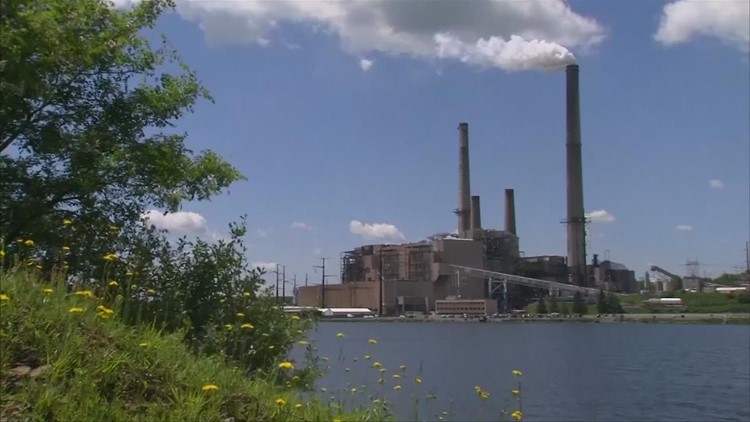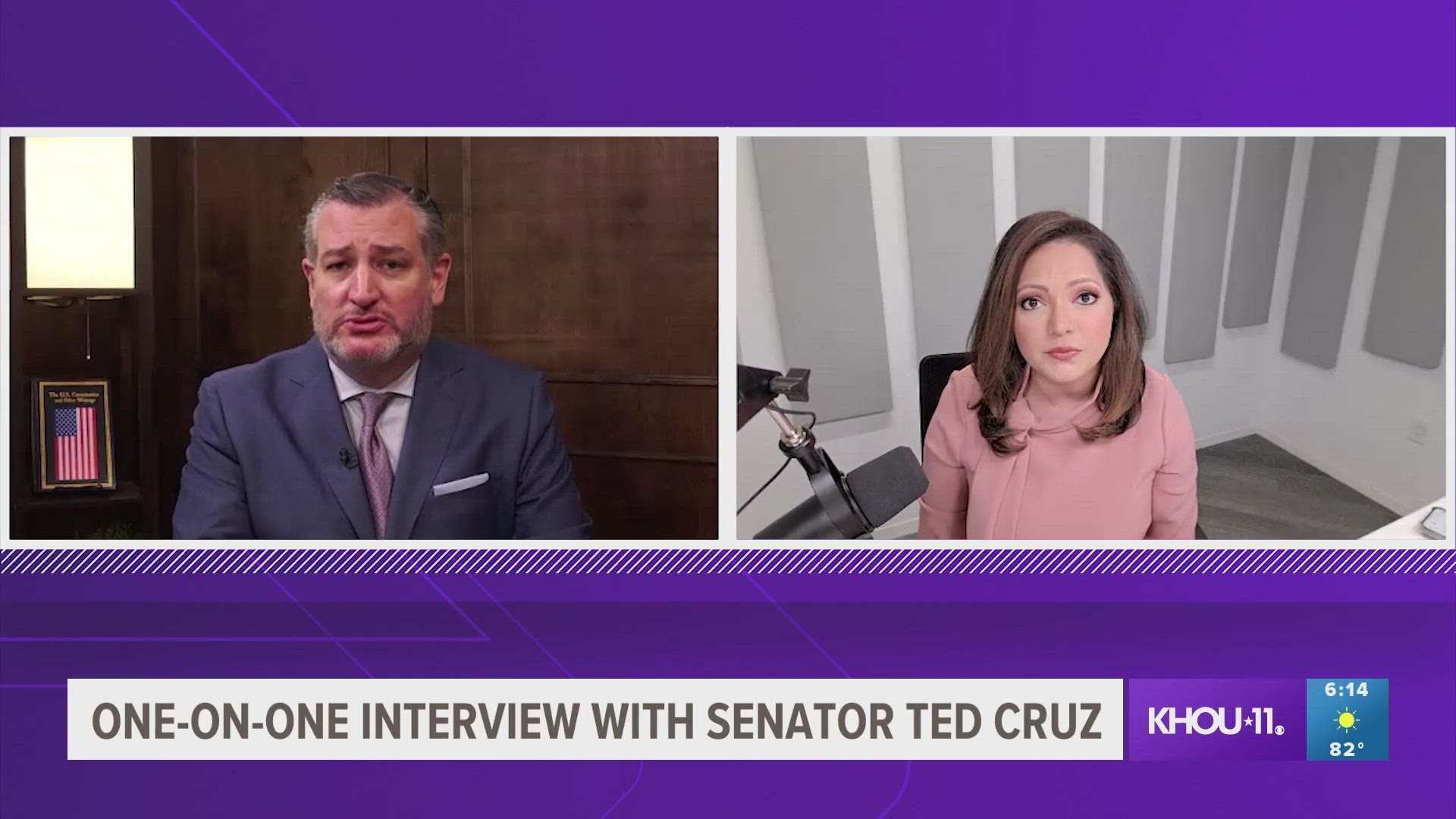Texas is suing the Environmental Protection Agency over its plan to control smog that drifts into other states from industrial facilities like power plants.
The federal agency’s “good neighbor” rule, which was announced in March, requires Texas and 22 other states to cut emissions from industrial sources such as natural gas pipelines and chemical plants that contribute to ozone pollution in neighboring states. The rule is aimed at helping states comply with the Clean Air Act.
Ground-level ozone, a component of smog, irritates and inflames the lungs, making it difficult and painful for some people to breathe. Ozone can make lung diseases worse, trigger asthma attacks, and cause or aggravate chronic bronchitis, according to the EPA.
The state of Texas, the Texas Commission on Environmental Quality, the Public Utility Commission of Texas and the Railroad Commission of Texas filed a petition in the 5th U.S. Circuit Court of Appeals on Wednesday, two days after the EPA published the “good neighbor” plan in the Federal Register. The lawsuit claims that the EPA’s federal implementation plan exceeds the agency’s authority.
The lawsuit was filed by interim Attorney General John Scott, who is running the agency since Attorney General Ken Paxton was suspended after the House of Representatives voted to impeach him on May 27. Paxton is banned from running the office while he awaits his impeachment trial before the Texas Senate.
An EPA spokesperson said that “because this is pending litigation, EPA has no further information to add.”
The attorney general’s office did not immediately respond to a request for comment Friday. The TCEQ said it usually doesn’t comment on pending litigation.
Paxton has filed a number of lawsuits against the federal government over what he calls federal overreach. He argued in a comment on the EPA’s smog plan last year that the federal agency had overstepped its authority and ignored how the regulations would impact electric grid reliability in Texas.
“The EPA takes on — however poorly — critical reliability issues and ignores the independent nature of the Texas electric grid,” Paxton wrote, stating that it was “inappropriate” for the EPA’s plan to require states to consider shifting from electric generation to renewable or lower-emission sources of electricity as a strategy to reduce ozone.
Under the Clean Air Act, states are required to submit plans detailing how they will comply with federal air standards. Texas turned in plans that the EPA rejected and ruled as inadequate in 2022, along with portions of 20 additional state plans.
Texas sued the EPA over that ruling in February. An email from the attorney general’s office at the time said that “the rule that would undercut states’ authority and efforts to properly regulate their own environment.”
“The EPA’s disapproval would enable the federal government to seize further regulatory power and impose a burdensome and unnecessary federal plan on states,” the email from Paxton’s office added.
The EPA has revised the smog plan since then. The federal agency has said that the “good neighbor” plan will prevent approximately 1,300 premature deaths nationally, cut asthma symptoms by 1.3 million cases and provide an estimated economic benefit of $13 billion each year from 2023-42.
“We know air pollution doesn’t stop at the state line. Today’s action will help our state partners meet stronger air quality health standards beyond borders,” EPA Administrator Michael Regan said when the agency announced the revised plan in March.
Texas’ new lawsuit is challenging the revised plan.
“Same office, different name,” said Emma Pabst, a campaign representative for the Sierra Club’s Beyond Coal Campaign in Texas. “It’s pretty clear to me that Scott is following Ken Paxton’s footsteps.”
This story comes from The Texas Tribune, a nonprofit, nonpartisan media organization that informs Texans - and engages with them - about public policy, politics, government, and statewide issues.



